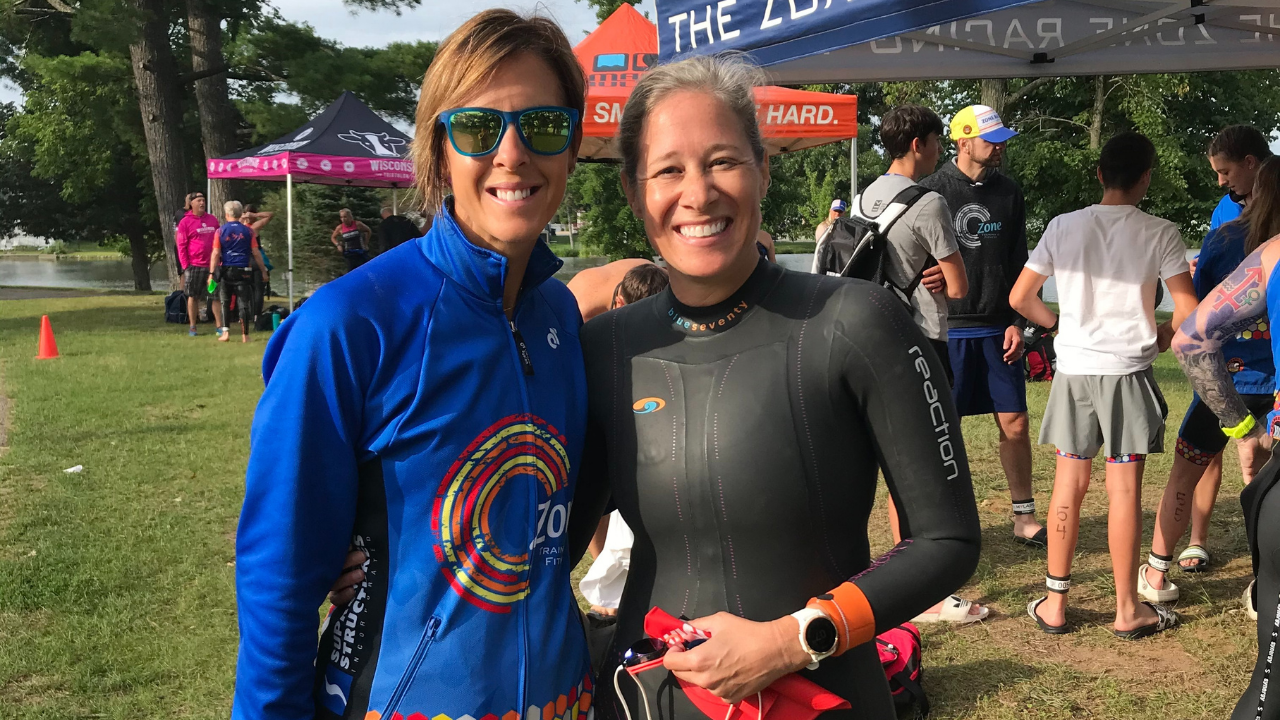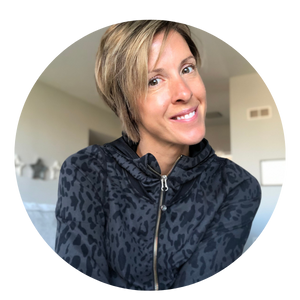
Hiring a Coach for Women in Triathlon
Apr 22, 2022Do you feel like it's time to take your training to the next level? Many athletes turn to 1:1 or group coaching to up their game. Feisty Triathlon Head Coach Miranda Bush shares how to find the best coach for your athletic goals and values.
Text by Miranda Bush, Feisty Triathlon Head Coach & Educator
Coaches are amazing resources for triathletes. Am I biased? Absolutely. I have been a coach for over twelve years, and as an athlete, I have had many different coaches over the last fifteen years. I have benefitted from my coach’s deep knowledge and ability to monitor my physical adaptations for training. But most of all, I sincerely appreciate the ability to be told what to do (or oftentimes, what not to do). The intentionality and accountability give me one less thing to think about in my busy daily life. And I provide all of the same (and even more!) for my athletes.
But, I am aware that hiring a coach is not something everyone can, or even want to do. I also know that many women have unfortunately had negative coaching experiences that have broken trust in the process. And of course, we need to mention the ever present barrier of cost.
Coaches have valuable experience and information. And whether you get it in a 1:1 setting or through mass emails (and everything in between), it is worth finding someone that you can trust with your training needs. Read on for tips to find the best triathlon coach for you.
Finding a 1:1 Coach for Women in Triathlon
Cultivate a strong self-awareness. In order to connect with other people in meaningful ways, you must first understand yourself. Discover your core values and consider how they establish a foundation that you can stand on as an athlete. Decide which values you feel are important for your coach to display, and which ones are non-negotiable.
Establish your “why.” It is important to understand the purpose driving each of your own individual goals. This purpose contributes to your coaching decision. For example, you will most likely hire a different coach to help you complete your first triathlon, then you would to guide you to a Kona qualification.
Research coaches. Look up coaches on directories, talk to other athletes, and comb through social media. Quick tips - do not settle for proximity, hire because it is “easy,” or hire solely on how a coach looks. These can be great places to start, but it is still important that you don’t overlook the other steps. If you have had a coach previously, spend some time considering what you felt you liked about that experience and also what you felt was or is missing.
Interview several coaches. Some suggestions for questions include:
- What is their personal coaching philosophy? What are their areas of expertise and do they have coaching training and/or hold certifications in these areas?
- What are the specifics of their experience working with athletes in your demographic and/or your specific goals? Do they coach men and women differently? If so, how?
- What is their style of coaching? Do they use a software program? Follow standard periodization? Do they take women's specific physiological, mental, and cultural influences into account when writing plans and giving direction? Have they seen the newest research on training women?
- What are the opportunities for communication? Are there weekly or monthly calls? Unlimited email? What kind of feedback do they provide on the training plan?
- What is the cost? Is there a minimum amount of time? A contract involved? Is there a fee for breaking the contract?
- Anything else that is important to you!
Do a “vibe” check. When interviewing, stay present and focused. Gather information. But in the end, listen to your intuition. Put simply – trust your gut!
Be willing to break-up with a coach if needed. Ask questions and express concerns throughout the relationship. Be open-minded to ending the agreement at any time (but do check your contract!) This could be due to unmet expectations, unclear communication, or a breaking of the terms of the contractual agreement. But it doesn’t have to end poorly. Sometimes, it is just simply time for the athlete and coach to move on for the best interest of one or both parties.
Individualized coaching is not for every athlete. Are you not sure that you are ready or able to invest the trust, money, and commitment that it takes to hire a 1:1 coach? There are some alternative great ways to access coaches in triathlon.
Access a Coach without 1:1 Coaching
Try Group Coaching. Seek out less expensive training experiences that give you a plan and some access to knowledgeable coach(es). This may include something like our more immersive Feisty Triathlon Group Coaching. Or it could alternatively be a Master’s swim class, or organized group rides or runs where coaches are present.
Join a Team. Most teams or clubs have coaches at workouts and/or in leadership roles who are willing to offer training tips, or possibly even answer short questions in person or via email.
Find the Freebies. Coaches offer free resources all of the time. Get connected through Facebook groups, and get on email lists so that you can have your finger on the pulse of podcasts, articles, webinars, and other live events. Take advantage of Q & A and other networking opportunities when you attend events.
When you set a goal it is important to consider how and where you want to gather information to get there, especially when navigating all of the internet bullshit. Find a community and coach that adds value to your training and racing experience.

Miranda Bush is the Head Coach and Educator at Feisty Triathlon. She is USA Triathlon and Training Peaks certified, as well as a certified Health Coach. She is also a graduate of Dr. Stacy Sim’s Women Are Not Small Men and Menopause for Athletes courses. As a longtime coach specializing in training women, her passion lies in using lessons from training and racing to teach athletes to evolve physically, mentally, and emotionally through sport. Miranda is also a longtime athlete and multiple Ironman and 70.3 distance podium finisher, maintaining a consistent racing career while working and raising her kids. She resides in Wisconsin with her three teenagers and husband who all love to race triathlon.
Get Feisty Triathlon straight to your inbox
Get the low-down on what's happening in the world of women's triathlon, tips & tricks to crush it on the race course and be the first to know about special offerings from our feisty sponsors.
We hate SPAM. We will never sell your information, for any reason.

